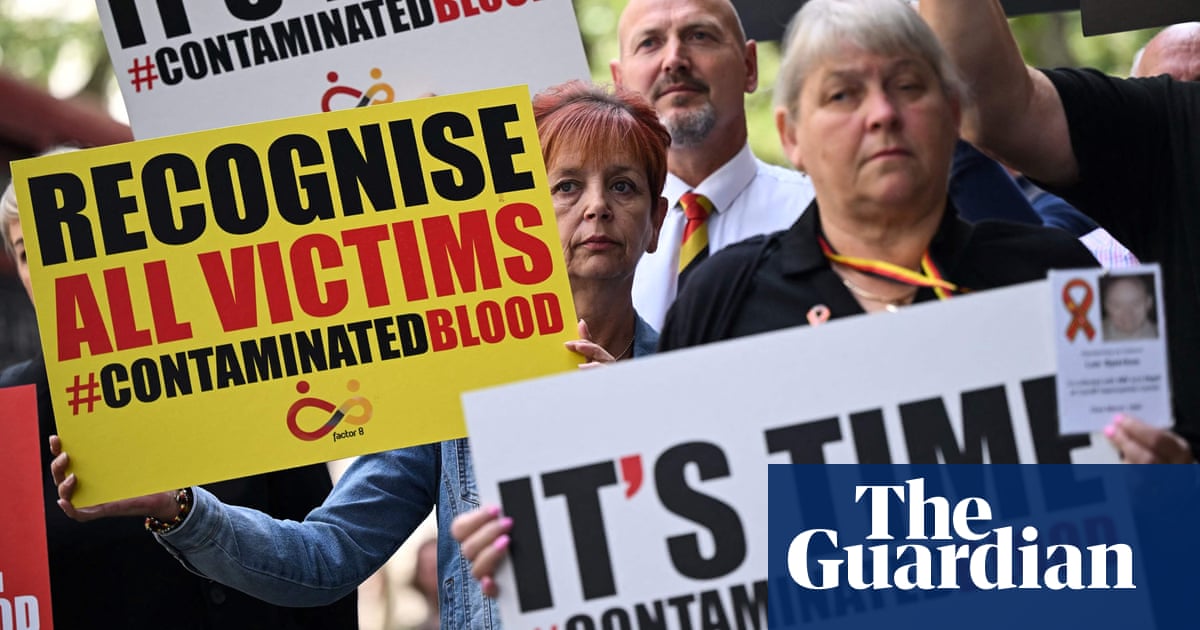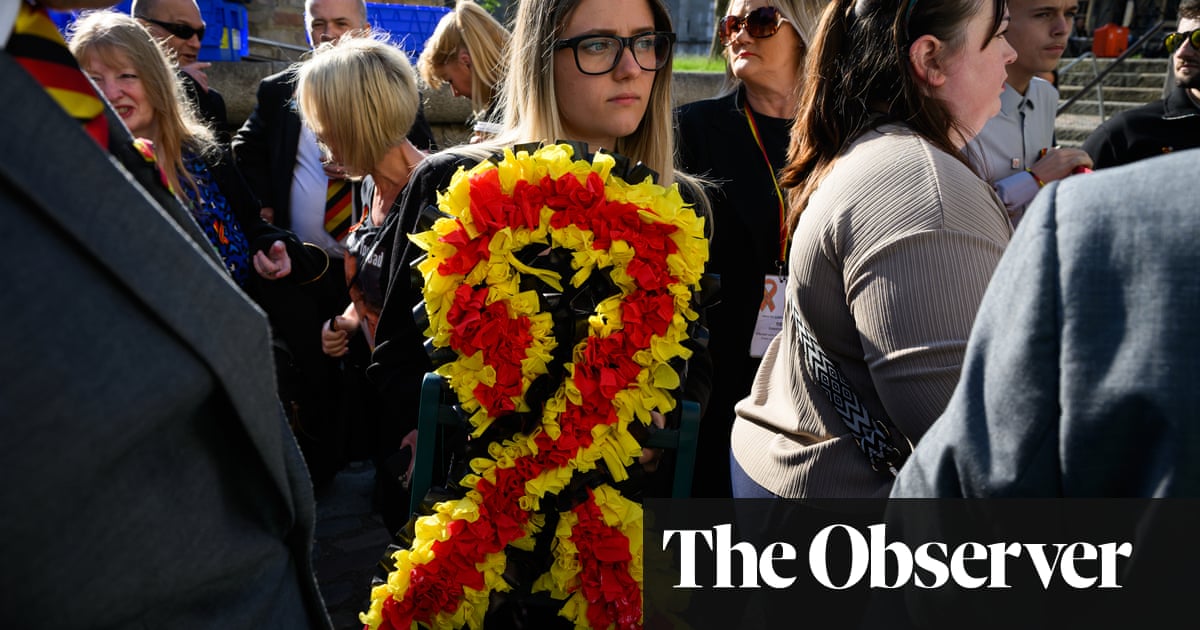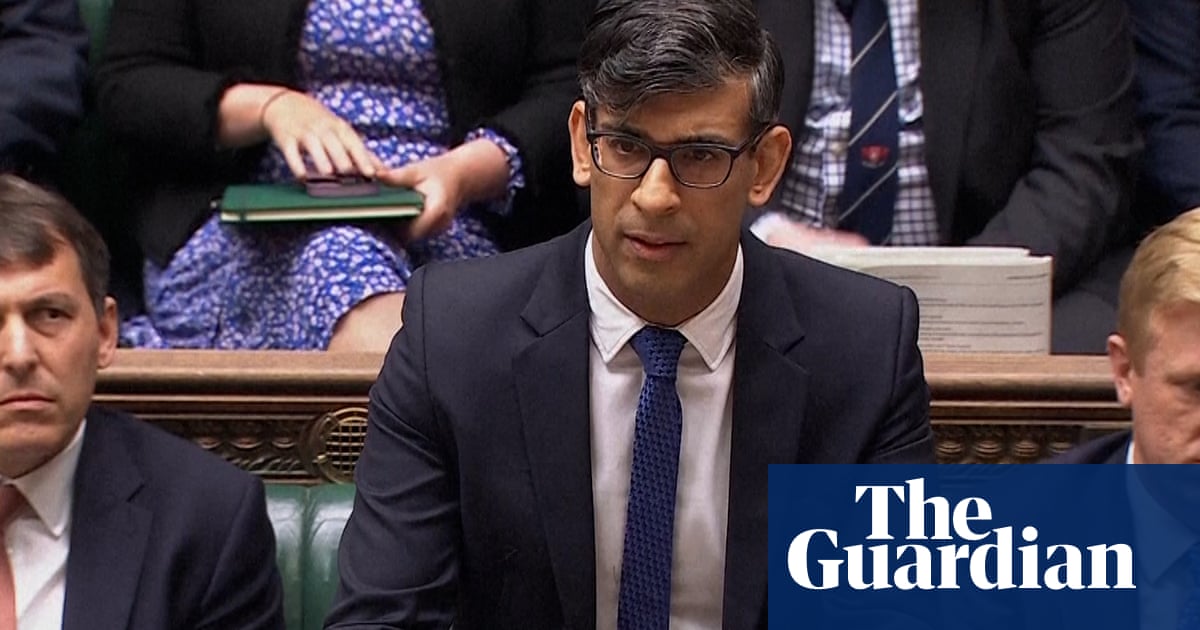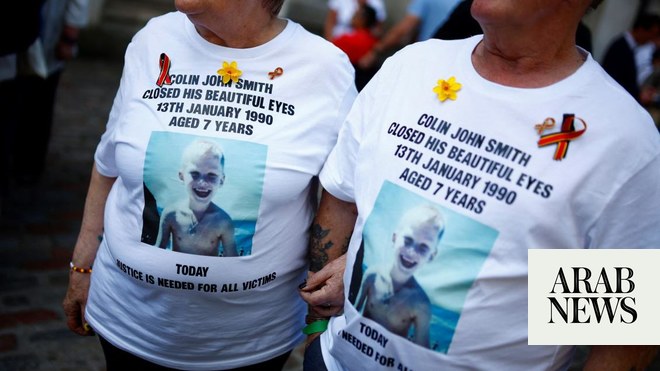
A scheme handing payments to those affected by the contaminated blood scandal will be announced this week, as ministers scramble to help those harmed by the “historic wrong”.
Whitehall sources confirmed that a programme handing interim payments will be confirmed in the coming days, once officials have ironed out issues to ensure that victims are not taxed on the payments or have their benefits affected by them. It is thought that ministers accept recent recommendations that infected people and bereaved partners should get “payments of no less than £100,000”.
More than 4,000 people are in line for the payment. Kit Malthouse, the cabinet office minister, has been prioritising the scheme in the last week to ensure payments are made as soon as possible.
“The infected blood scandal was a tragedy for everyone involved, and the prime minister strongly believes that all those who suffered so terribly as a result of this injustice should receive compensation as quickly as possible,” said a No 10 source. “He has tasked ministers with resolving this issue so that interim payments can be made to all those infected as soon as possible, and we will set out the full details later this week.”
At least 2,400 people died after contracting HIV or hepatitis C as a result of receiving infected blood from the NHS in the 1970s and 80s. As many as 30,000 people became severely ill. The scandal has been labelled the worst treatment disaster in the history of the NHS.
The decision to launch the scheme comes after three former health secretaries called for immediate compensation for the victims. Jeremy Hunt, Matt Hancock and Andy Burnham all backed the call, made by an inquiry overseen by Sir Brian Langstaff.
A government source said: “We know the thousands of people that fell victim to this scandal have suffered unimaginable pain, and not only is it right that they receive compensation, but that they get that cash into their bank accounts as quickly as possible.
“That is why, on the back of Sir Brian Langstaff’s report a few weeks ago, ministers across government have been looking very closely at how best to right this historic wrong. Given the heartbreaking position many victims find themselves in, there is a desire at the top of government to move this at pace so we can give those people clarity and assurance at the earliest opportunity.”
An open letter to Boris Johnson last month signed by organisations including the Haemophilia Society and the Terrence Higgins Trust said that 419 people had died between July 2017, when the inquiry was announced, and February this year.
The letter said it had been reported that one infected person was dying every four days.












